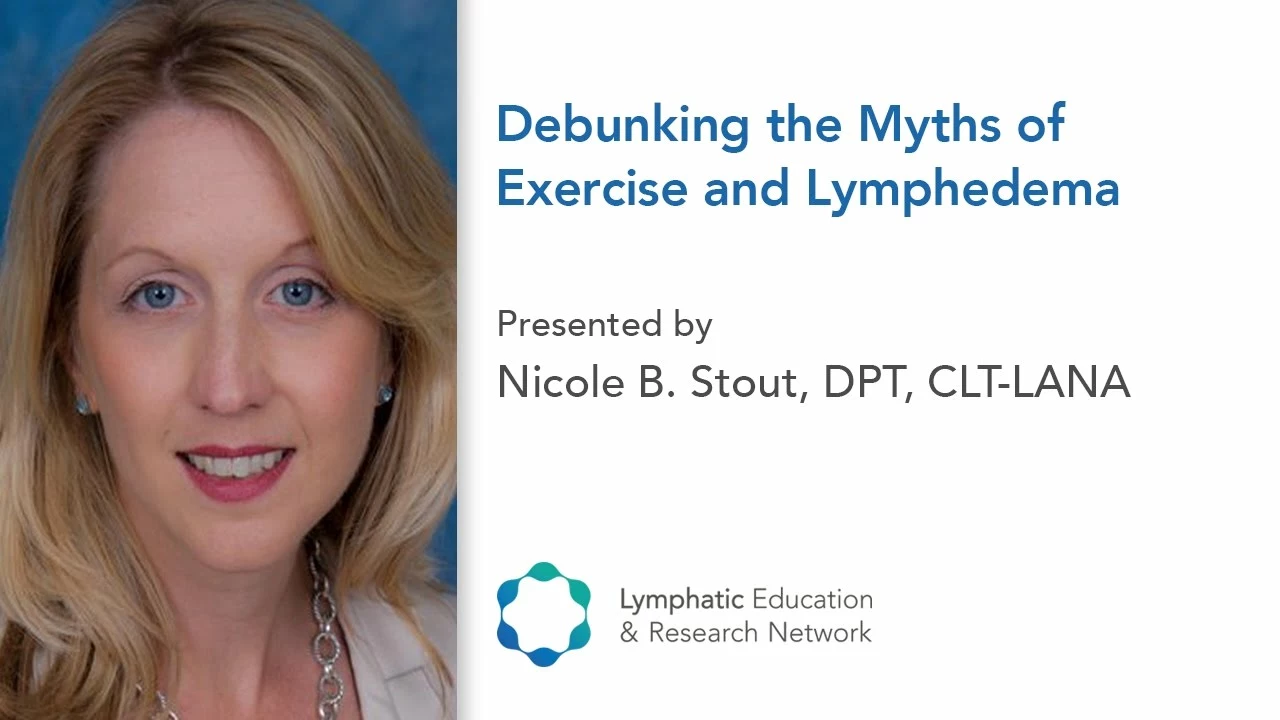Debunking Health Myths – Clear Answers for Medication and Supplement Questions
If you’ve ever wondered whether a miracle supplement really works or why a certain drug gets a bad rap, you’re in the right spot. The debunking tag gathers all our myth‑busting articles so you can separate fact from hype without digging through endless search results.
Misinformation spreads fast because it’s easy to share and often sounds too good to be true. Social media posts, celebrity endorsements, and vague “natural” labels create a perfect storm where false claims thrive. That’s why we focus on simple, science‑backed explanations that you can trust.
Common Medication Myths
Myth: If something is natural, it’s automatically safe.
Reality: Natural compounds can be toxic too. For example, kava and comfrey have been linked to liver damage despite their “herbal” label.
Myth: All supplements are reviewed by the FDA.
Reality: The FDA only steps in after a product hits the market with safety issues. Most vitamins, minerals, and plant extracts never undergo rigorous testing before you buy them.
Myth: Stopping a medication suddenly is harmless if you feel better.
Reality: Many drugs, especially antidepressants or blood pressure meds, need a tapering plan. Abruptly stopping can cause rebound symptoms or withdrawal effects.
Myth: Higher doses mean stronger results.
Reality: Dose‑response curves differ per drug. Too much ibuprofen, for instance, raises the risk of stomach ulcers without adding pain relief.
How to Spot Fake Health Claims
First, check the source. Peer‑reviewed journals, official health agency sites, and reputable universities are far more reliable than a random blog post.
Second, look for evidence. Genuine studies will list sample size, control groups, and statistical significance. Vague statements like “clinically proven” without citations should raise red flags.
Third, be wary of urgency tactics—phrases such as “Limited time only!” or “Doctors don’t want you to know this!” are classic sales tricks that distract from missing data.
Fourth, verify the author’s credentials. A pharmacist, MD, or PhD with relevant expertise adds credibility; anonymous writers do not.
Finally, use tools like drug‑verification apps or pharmacy accreditation databases to confirm a product’s legitimacy before you buy.
By applying these steps, you can cut through the noise and protect yourself from unsafe products or misleading advice. The articles under this tag give concrete examples of each myth and show exactly how we tested the claims.
Keep coming back for fresh debunking updates—new scams appear all the time, and staying informed is the best defense. Got a claim you’re unsure about? Drop it in the comments and we’ll investigate together.

Debunking common myths about allantoin and its uses
- Apr, 27 2023
- 17
As a copywriter, I've come across numerous myths about allantoin and its uses. After doing some research, I've discovered that not all the claims about this ingredient are true. For instance, some people believe that allantoin can cause irritation, but it's actually known for its soothing properties. Additionally, it's not true that allantoin is only derived from animals, as it can also be extracted from plants like comfrey. Overall, it's crucial to look for reliable sources of information when learning about ingredients like allantoin to make informed decisions about our skincare products.
Categories
- Health and Medicine (62)
- Health and Wellness (57)
- Medicine (37)
- Women's Health (11)
- Mental Health (9)
- Men's Health (7)
- Beauty and Wellness (4)
- Health Information (4)
Archives
- February 2026 (8)
- January 2026 (25)
- December 2025 (28)
- November 2025 (25)
- October 2025 (27)
- September 2025 (14)
- August 2025 (3)
- July 2025 (2)
- June 2025 (2)
- May 2025 (3)
- April 2025 (4)
- March 2025 (4)
- online pharmacy
- medication safety
- dietary supplement
- health benefits
- dietary supplements
- generic drugs
- prevention
- fertility
- online pharmacy Australia
- side effects
- QT prolongation
- medication side effects
- diabetes medications
- GLP-1 agonists
- nocebo effect
- brand vs generic
- treatment
- treatment options
- benefits
- connection
